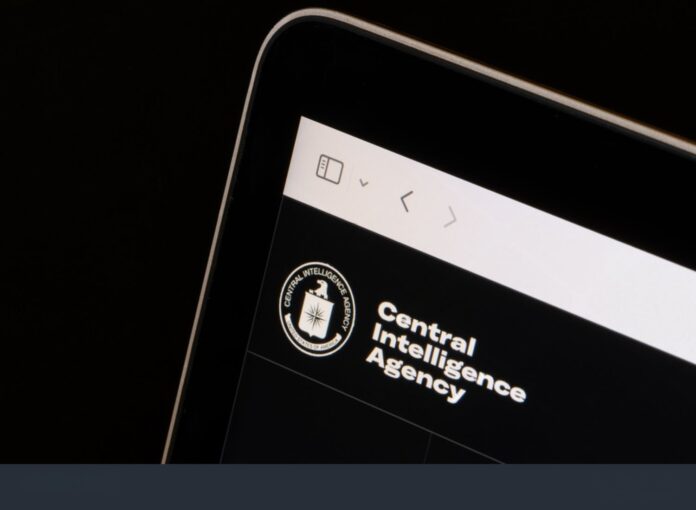Policy Pivot:
- National intelligence director confirms “regime change” era is over.
- Trump administration signals new priorities: stability, security, and diplomacy.
- Shift prompts debate about future Middle East and Latin America strategy.
Foreign Policy Reset:
In a major shift, the director of U.S. national intelligence announced that America’s longstanding strategy of regime change and nation-building is officially over under President Trump. This was delivered at the Manama Dialogue security summit, signaling the administration’s intent to move away from interventions aimed at toppling governments abroad. The new foreign policy emphasizes economic prosperity, security partnerships, and diplomatic solutions—even when dealing with complex regional conflicts or authoritarian regimes.
Why It Matters:
The announcement marks the end of decades of interventionist policy, moving the U.S. toward a pragmatic approach that prioritizes stability and negotiated peace. Supporters say this will reduce costly wars and the risk of backlash from affected nations, while critics worry it may cede influence to rivals and embolden autocratic regimes. The new approach aligns with Trump’s actions, including troop withdrawals from Afghanistan and efforts to broker regional ceasefires.
Broader Context:
Policy analysts highlight potential ripple effects in countries like Iran, Venezuela, and Syria, where previous U.S. strategy focused on regime change. Trump’s administration faces ongoing challenges—fragile Gaza ceasefires and nuclear tensions remain on the horizon—but the official pivot could mean fewer U.S. military operations and more emphasis on sanctions, diplomacy, and commercial cooperation going forward.
Takeaway:
America’s end to regime change marks a turning point in global strategy, with lasting implications for international relations, national security, and diplomatic engagement worldwide.
Sources


